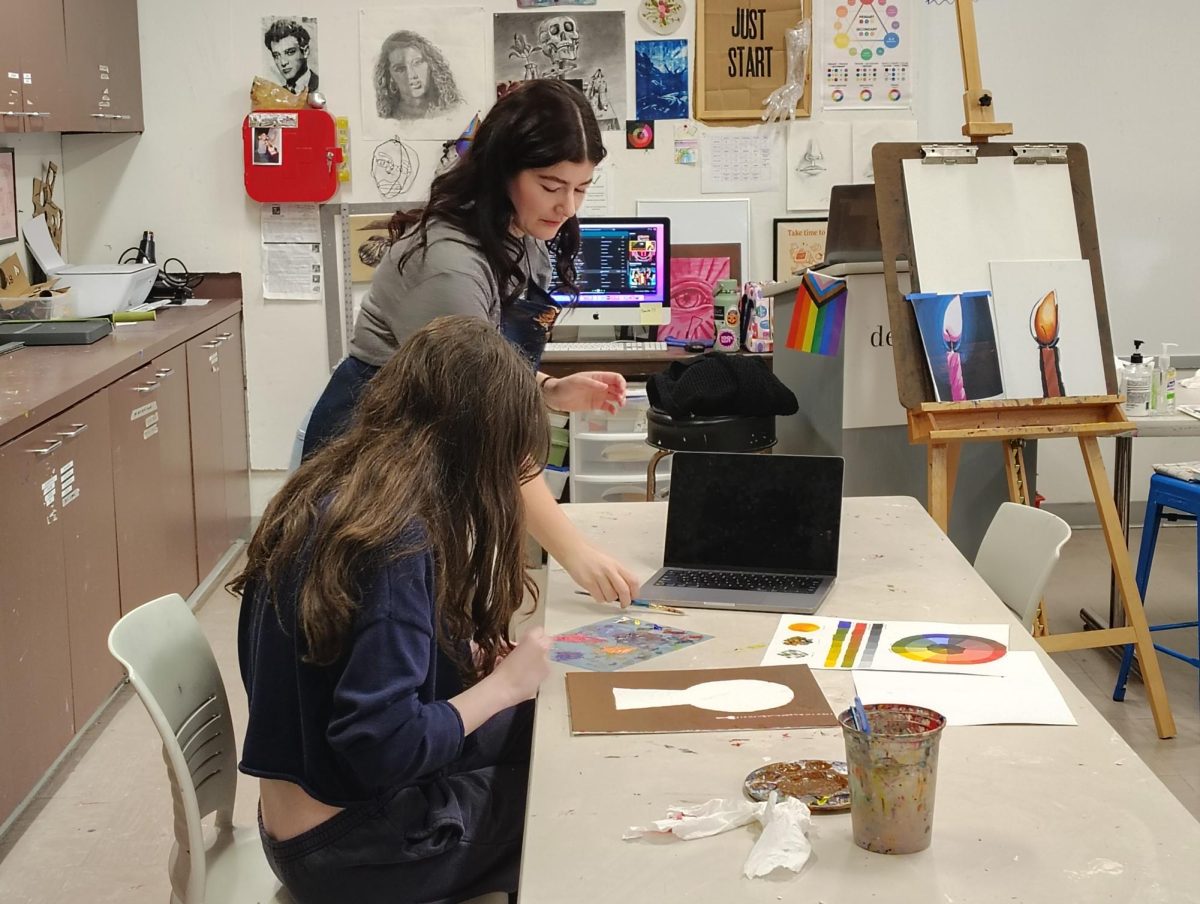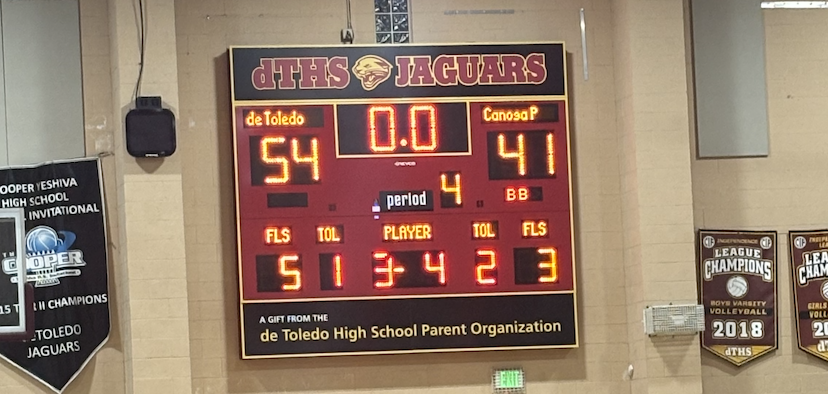Is It Time to Get Rid of the SAT?
As a current 11th grade student, I always knew I would have to take the SAT or ACT. In ninth and 10th grade, surrounded by upperclassmen, I was encompassed in all their talk about these tests, which usually consisted of complaints. Over time, it just turned into something I’ve dreaded.
It wasn’t until COVID-19 hit when I became aware of the controversy hidden behind the tests.
SAT and ACT have been used for many years to assist colleges in deciding who they should admit or reject. With the impact of COVID-19, most colleges and universities have gone test-optional this year, and many are considering removing the SAT and ACT entirely from the application process.
Critics have challenged the SAT and ACT due to the immense disadvantages that are tied to them. One detrimental factor is the race and class biases associated with the tests. As shown in articles like The Washington Post, students in lower-income households tend to have lower test scores than their peers. The disadvantage typically attributed to this is the preparation for the test. Generally, if a family can afford it, students will go through rigorous test prep and tutoring, which leads to higher test scores. However, this kind of preparation and tutoring are expensive.
Over the years, many people have taken advantage of their wealth and have found ways to cheat the college admissions system. Families have tricked the system by paying athletic coaches loads of money to recruit their child, even if they had never played the sport. We also saw last year, which shocked many of us, that parents bribed college counselors to have someone take their child’s test to obtain a higher score.
College officials have questioned whether the SAT/ACT reveal much about an applicant’s knowledge or future performance. Some colleges prior to COVID-19 became test-optional when experts suggested these tests typically do not define a student’s overall knowledge or education.
Students are different when it comes to taking tests, especially standardized ones. Each student is an individual, with unique skills. Not all students excel in the same subjects; students have their strengths and weaknesses. Many students have the ability to perform very well on the SAT/ACT; however, many do not.
The build-up to major tests like these can add significant amounts of stress to students, knowing that their test scores could make or break their acceptance to their dream school. The heightened amount of chronic stress is shown to contribute to students getting lower scores.
Those who support testing suggest it’s the only way to compare students from different high schools objectively. One student may receive all As at a less challenging high school, and another gets all Bs at a much more challenging high school. For larger schools that have big applicant pools, it provides an easier method for admitting students.
The SAT and ACT also allow an advantage for students who may have slacked off in the beginning years of high school. The tests allow students to show how far they have come academically and how they work under pressure if they study hard and perform well.
Standardized testing also allows for equal opportunity to students of all different communities, for example, schools that do not offer APs or an extensive list of extracurriculars.
Many people thought the use of the SAT/ACT was beneficial to lower-income students because of its original intention of creating an even playing field. However, this was until students were given extra resources and methods of cheating the system
































Dr. Spiegel • Nov 30, 2020 at 2:39 pm
Payton,
Great job and so much to consider here. Colleges and universities going test-optional may be one of the best side effects of the pandemic. Lower income students can’t afford all the tutoring and test prep that more privileged students can. Additionally, none of these tests look at creative talent: music, dance, visual art, theater, athletics. There are multiple intelligences that standardized testing ignores so making it optional offers more of a level playing field so each student can be seen for who they are and not what a test says they should be.
Thanks for putting light on this!!
Dr. Spiegel